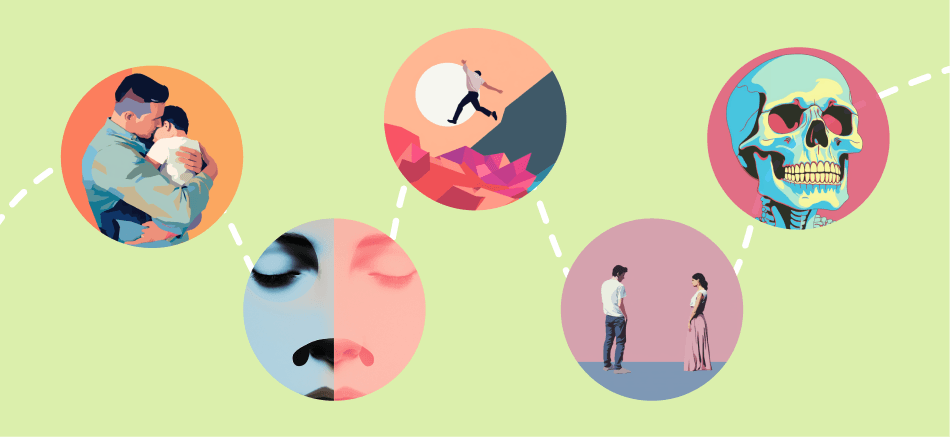A Safe Way To Learn
Frightening fiction provides a safe way to learn how to deal with fear and anxiety.
Anything that is feared, can be tackled with knowledge. Fear during a global crisis generally arises due to lack of knowledge on how to deal with the situation. Helplessness and uncertainty give rise to the feelings of doom and gloom. The way to tackle this is to be completely informed about the situation, and be ‘apocalypse ready’.
28
119 reads
CURATED FROM
IDEAS CURATED BY
The idea is part of this collection:
Learn more about personaldevelopment with this collection
How to make rational decisions
The role of biases in decision-making
The impact of social norms on decision-making
Related collections
Similar ideas to A Safe Way To Learn
Be A Hero In Real Life
No matter how tough the situation is deal with it without fear. Trust your knowledge and use it wherever necessary. Make a dent in the universe. Always try to make an impact with your good deeds. Live for a purpose and not just for eating and earning money. Be a reason for someone's happiness and...
Constant Mental Trauma
Thanks to social media, news reports and violent images that bombard us at all hours, we often experience what experts call vicarious trauma when a horrific event occurs. It’s in our physiological nature as human beings to feel some amount of empathy and sorrow for others dealing with a t...
The 5 Counterintuitive Values for a Good Life
- TAKE RADICAL RESPONSIBILITY. No matter what happens in your life, you can always choose how to react.
- EMBRACE UNCERTAINTY. The only way to grow is to realize that your perspectives, knowledge, and even your values/beliefs aren’t absolute—they can al...
Read & Learn
20x Faster
without
deepstash
with
deepstash
with
deepstash
Personalized microlearning
—
100+ Learning Journeys
—
Access to 200,000+ ideas
—
Access to the mobile app
—
Unlimited idea saving
—
—
Unlimited history
—
—
Unlimited listening to ideas
—
—
Downloading & offline access
—
—
Supercharge your mind with one idea per day
Enter your email and spend 1 minute every day to learn something new.
I agree to receive email updates

